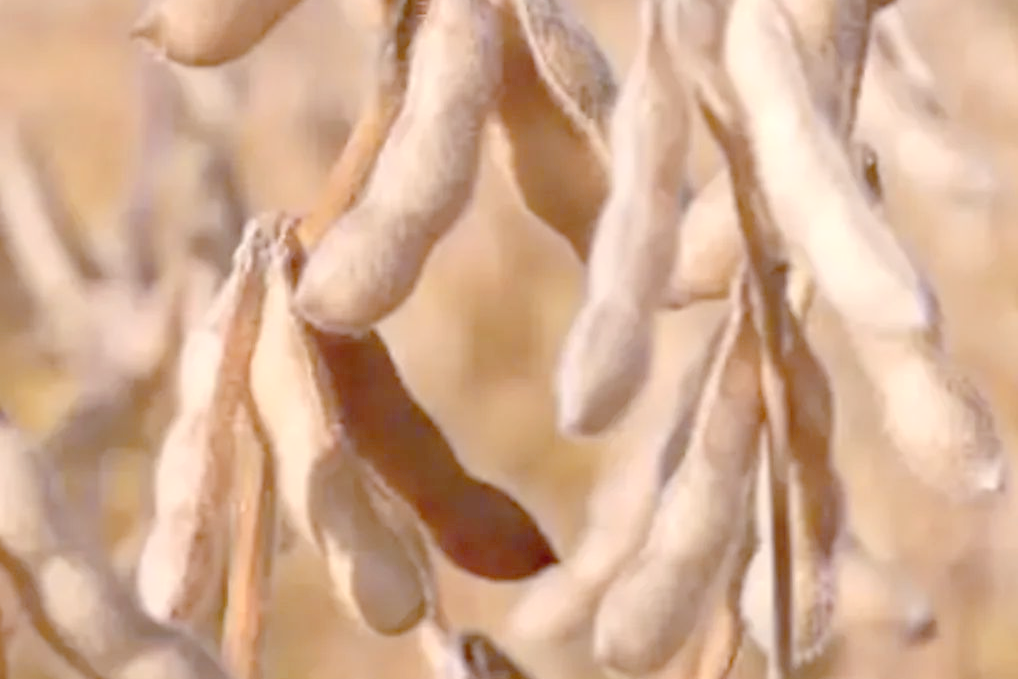- All
- Product Name
- Product Keyword
- Product Model
- Product Summary
- Product Description
- Multi Field Search
Language
Views: 0 Author: Site Editor Publish Time: 2025-10-27 Origin: Site








Wetting agents, also known as surfactants, play a crucial role in modern agriculture. They are substances that reduce the surface tension of water, allowing it to spread, penetrate, and wet surfaces more effectively. This property significantly impacts various aspects of crop growth.

One of the primary functions of wetting agents is to improve water absorption by the soil. In many cases, soil particles can become hydrophobic, especially in dry or compacted conditions. Wetting agents help water to penetrate the soil more easily, reaching the root zone. This ensures that crops have access to an adequate water supply, which is essential for photosynthesis, nutrient uptake, and overall plant metabolism. With better water absorption, plants can grow stronger and healthier, even in challenging soil conditions.
Wetting agents also contribute to the uniform distribution of nutrients in the soil. Fertilizers and other soil amendments need to be evenly dispersed to be effectively utilized by crops. By reducing surface tension, wetting agents help these nutrients to spread more uniformly throughout the soil. This means that all parts of the root system can access the necessary nutrients, promoting balanced growth and preventing nutrient deficiencies in some areas of the field.
When it comes to pest and weed control, wetting agents are invaluable. They help pesticides and herbicides to spread evenly over plant surfaces. This ensures better coverage and adhesion of these chemicals, increasing their effectiveness. With improved efficiency, farmers can use lower doses of pesticides and herbicides, reducing the environmental impact and the cost of crop protection.
Wetting agents can reduce water run - off and evaporation. By allowing water to penetrate the soil more deeply, less water is lost through surface run - off. Additionally, the improved soil structure resulting from the use of wetting agents can help retain moisture, reducing evaporation. This not only conserves water but also helps maintain a more stable soil moisture level, which is beneficial for crop growth.
In conclusion, wetting agents are essential tools in modern crop production. Their ability to enhance water absorption, distribute nutrients, improve chemical efficiency, and conserve water makes them invaluable for ensuring healthy and productive crops.